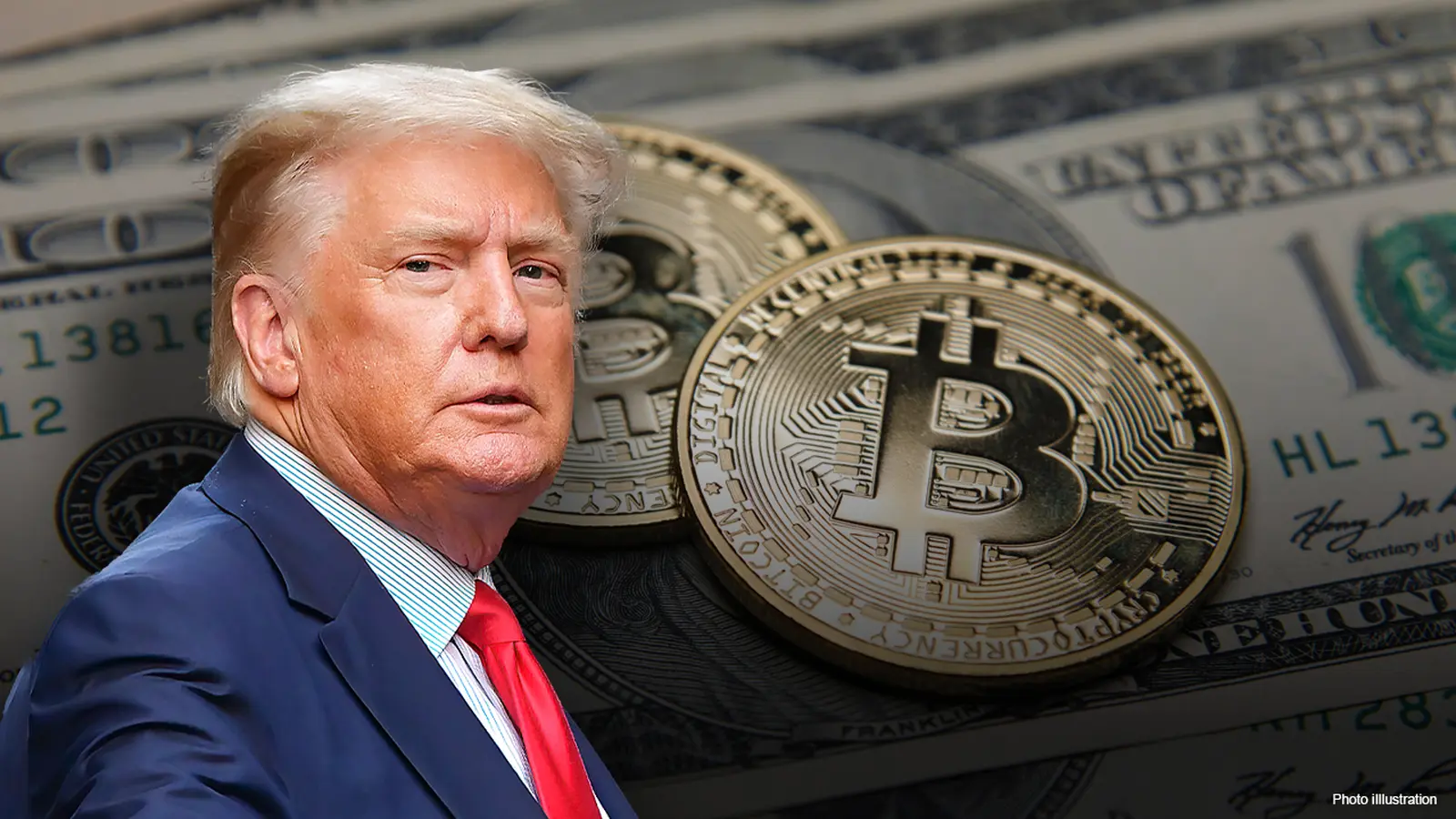4 Minutes
Trump Organization launches tokenized Maldives resort for crypto investors
The Trump Organization has announced a planned luxury resort in the Maldives that will incorporate tokenized real-world assets (RWA) to offer investors fractional ownership via digital tokens. The development, scheduled to open in Malé by 2028, aims to combine high-end hospitality with blockchain-based real estate investment, signaling another major move by the Trump family into the crypto and tokenization space.
Resort plans and tokenization model
Location and amenities
The project will include roughly 80 ultra-luxury villas, featuring private beach estates and overwater bungalows designed for the high-end leisure market. Saudi-based developer Dar Global will construct the property, while the Trump Organization will license its brand to the resort. The collaboration pairs a global hospitality brand with a regional developer to target wealthy travelers and investors alike.
Tokenized ownership and RWAs
According to the announcement, up to 70% of the resort's capital could be raised through token sales. Those tokens are intended to represent fractional ownership in the development as real-world assets on a blockchain. While exact legal rights tied to the tokens are still to be disclosed, token models of this type typically enable revenue sharing, dividend-like payouts, secondary-market resale, or other economic participation tied to the property’s performance.

Partnership, financing and market positioning
Dar Global will handle the development and construction, while the Trump brand will be licensed to operate the resort. By leveraging tokenization and blockchain infrastructure, the partners plan to open investment access to a broader pool of global investors and introduce new liquidity avenues for luxury real estate. This approach positions the project at the intersection of hospitality, digital assets, and real estate tokenization, a growing trend in crypto circles and institutional adoption.
Regulatory scrutiny and political context
The Trump family's expansion into tokenized assets follows a series of prior crypto ventures, including digital asset firms and branded memecoins. Those initiatives have generated substantial revenue but also intense scrutiny. Some US lawmakers, including Senator Elizabeth Warren, have raised concerns about conflicts of interest and the potential for political entanglement when private business intersects with government office.
President Trump has dismissed suggestions of personal involvement in the family company’s deals, but the new Maldives tokenization plan arrives amid heightened attention to foreign investment ties. The announcement also coincides with broader Saudi efforts to expand investment in the United States, highlighting geopolitical and commercial dimensions that could influence regulatory and public debate.
What this means for crypto and real estate investors
For crypto investors, the Trump Maldives resort represents an example of tokenized real estate that could offer exposure to luxury property markets without requiring a traditional large-capital purchase. Potential benefits include fractional ownership, enhanced liquidity through token trading, and exposure to hospitality revenue. Risks remain significant: regulatory uncertainty around securities laws, unclear token-holder rights, and market volatility for digital assets and luxury real estate.
Investors should evaluate token economics, legal structures, governance terms, and compliance measures before participating in any RWA or tokenized real estate offering. As the project develops, additional details on token rights, custody, and secondary-market mechanisms will be critical to assess the investment opportunity.
Source: crypto


Leave a Comment